FAQ: 2020 Farm Requirements
A detailed FAQ about the Rainforest Alliance 2020 Sustainable Agriculture Standard Farm Requirements.
Home / Business / Certification / Page 49
Certification has had a huge impact in bringing sustainability to the forefront of business thinking, but it must continue to evolve to provide more value to farmers and companies and ensure that people and nature can thrive in harmony.
That's why the Rainforest Alliance launched its new Certification Program, which entered into force in July 2021. The Sustainable Agriculture Standard, along with its assurance and technology systems, are data-powered, and based on the principles of continuous improvement, risk-based assurance, contextualization, and shared responsibility. This is how we can deliver more value to the two million farmers and thousands of businesses that use Rainforest Alliance certification to drive more sustainable agricultural production and responsible supply chains.
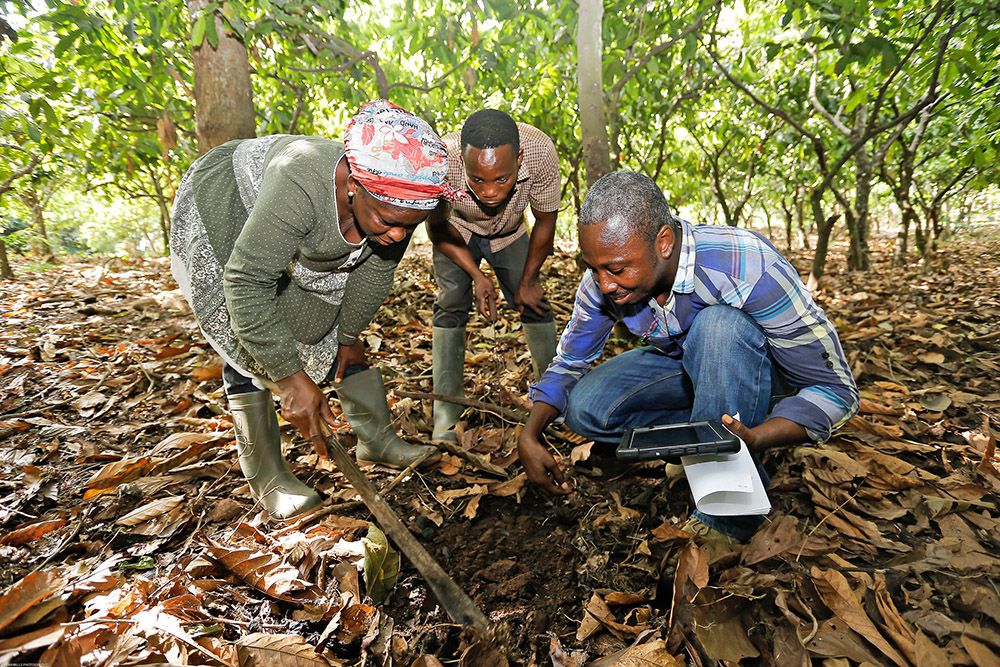
The certification program is part of the Rainforest Alliance’s strategy to drive sustainability at scale in the sectors in which we operate through interconnected interventions supporting certification, tailored supply chain services, landscapes and communities, and advocacy.
Key priorities of our cocoa strategy are assurance, shared responsibility, supply chain transparency, and profitability and resilience.
How we have tailored the implementation and verification of standards requirements on child labor and forced labor to the risk exposure of each farm.
Our shared responsibility approach aims to distribute benefits and costs of certification more evenly between farmers and companies.
Begin your journey of certification with the Rainforest Alliance.
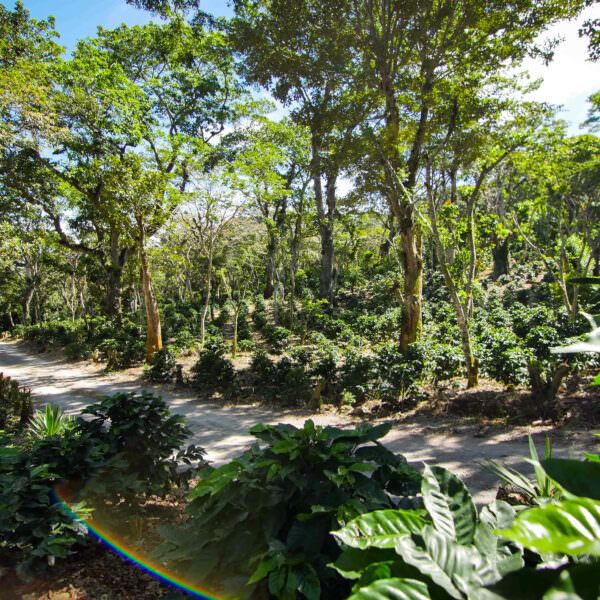
A detailed FAQ about the Rainforest Alliance 2020 Sustainable Agriculture Standard Farm Requirements.
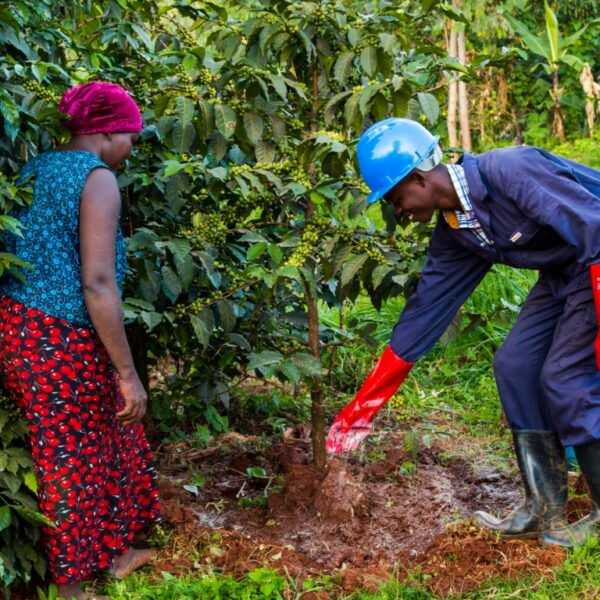
Find out what Ugandan coffee exporter, Kyagalanyi Coffee, had to say about the new program—from the improvements to the challenges.

After teaming up for an early implementation pilot of our strengthened certification program, both Finca Esmeralda and the Rainforest Alliance took away learnings that will contribute to a more sustainable banana sector.
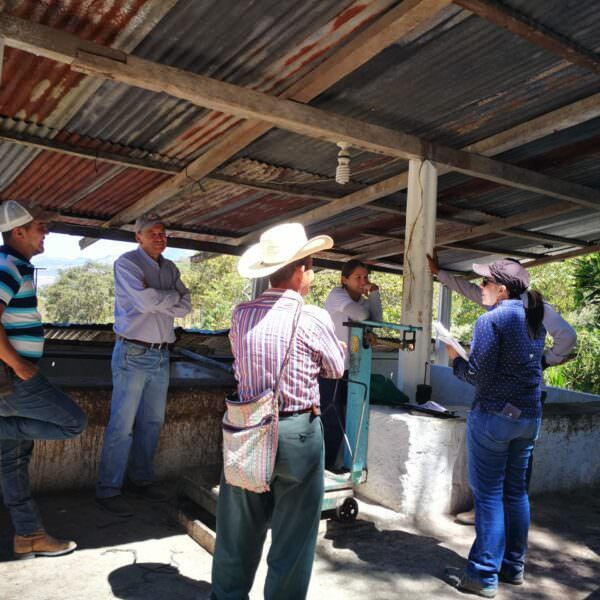
Rainforest Alliance certification is carried out by our authorized certification bodies. Find an authorized certification body in your county.

This independent evaluation study assesses the strategies and needs of coffee certificate holders (CHs), businesses that implement the UTZ standard, in Guatemala, Honduras and Nicaragua. The study aimed to understand the businesses’ experiences with UTZ implementation, the benefits they derived from UTZ, the challenges they faced to deepen engagement and how UTZ fits into the […]

The SAN/Rainforest Alliance cocoa program has grown rapidly over the past five years, with just under 1 million hectares of cocoa farmland in 15 countries achieving SAN/Rainforest Alliance certification by the end of 2016. SAN/Rainforest Alliance Certified cocoa now composes 13.4 percent of the world’s cocoa supply, with increasing numbers of commitments by large cocoa […]
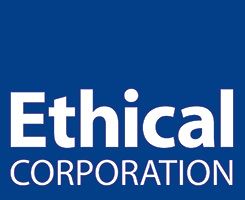
Christian Mensah of Rainforest Alliance says the cocoa industry should focus on helping the most vulnerable farmers replant, not the top performers to expand production.

The UTZ tea program in Sri Lanka first began in 2011, implemented by the Institute of Social Development with the support of Solidaridad, UTZ, Douwe Egberts Foundation and various institutions within the Sri Lankan tea sector. The purpose of this evaluation is to inform UTZ and other stakeholders about the outcomes of the UTZ tea […]

This study was carried out by AidEnvironment, serving the dual purpose of demonstrating UTZ’s contribution to positive change on farms and the cocoa sector, as well as creating a deeper understanding of how UTZ can increase its impact in the future.

The 2016 impact report examines the performance and impact of UTZ. We have combined insights from our monitoring data with findings from new impact evaluation reports (2014-2015). The report demonstrates that UTZ, in collaboration with its partners, has achieved positive improvements and found a good balance between a strict code and market uptake. The reach […]